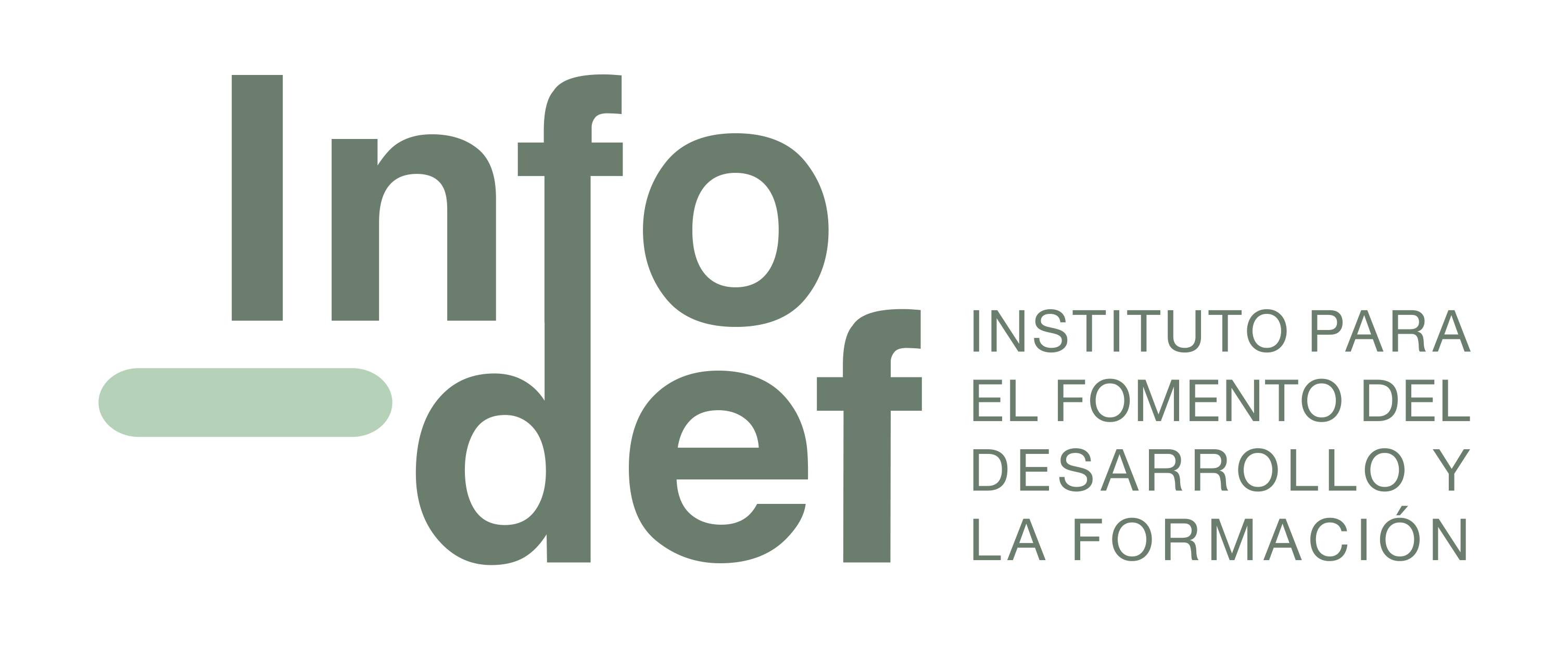Proyectos
ECOTEACH

Teaching science and maths through innovative models of Environment-Based Learning for disadvantaged schools and students
EU-Programme: Erasmus+, KA2, Strategic Partnerships for School Education
Coordination: MERSIN UNIVERSITESI, Mersin, Turkey
Duration: November 2018 – October 2020
Evidence gathered from studies indicates that students learn more effectively within an environment-based context than within a traditional educational framework. By providing a comprehensive educational framework, instead of traditional compartmentalized approaches, Environment Based Learning (EBL) appears to significantly improve student performance in reading, writing, math, science and social studies, and enriches the overall school experience. Students exposed to programs using EBL approaches often become enthusiastic, self-motivated learners.
The benefits of EBL are specially indicated for disadvantaged schools and students. Schools with higher proportions of disadvantaged students are at greater risk of challenges that can result in low performance, affecting education systems as a whole. Low performing disadvantaged schools often lack the internal capacity or support to improve, as school leaders and teachers and the environments of schools, classrooms and neighbourhoods frequently fail to offer a quality learning experience for the most disadvantaged. To overcome this situation, it´s necessary to ensure effective learning strategies and building links with the communities around schools would strengthen both schools and their students.
The aim of ECOTEACH project is to develop, test and adopt innovative practices and new curricula, courses, learning materials and tools for the acquisition of skills and competences in science and maths for disadvantaged schools and students through effective and innovative teaching and assessment models of Environment-Based Learning.
Project Nº 2018-1-TR01-KA201-059289
This project has been funded with support from the European Commission. This publication reflects the views only of the author, and the Commission cannot be held responsible for any use which may be made of the information contained therein.
